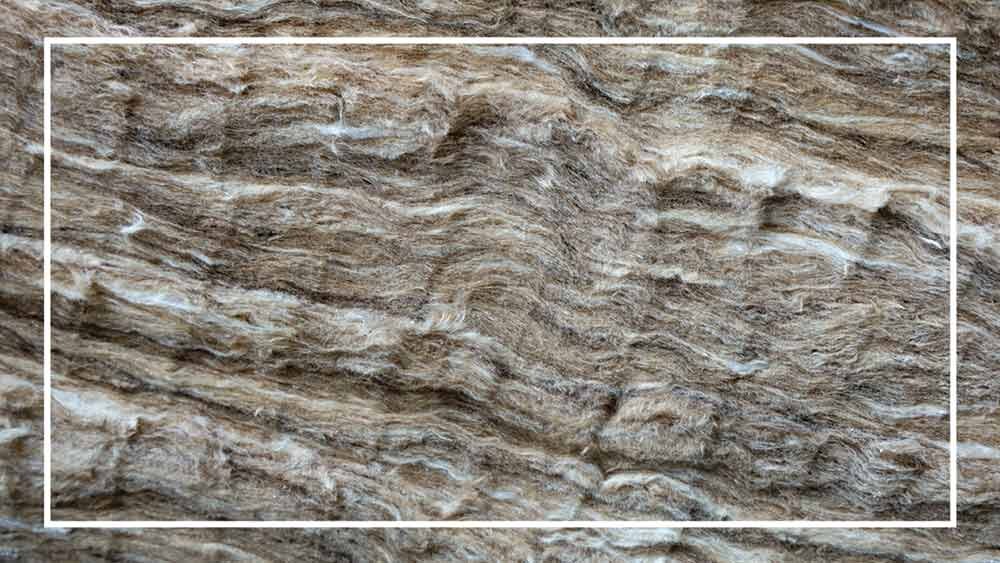Three Green Insulation Options for Your Home
Author: Bill Hoelzer / Published: January 2021 / Read Time: Three Minutes
When we talk about insulation, we tend to focus on the end results - like lower energy bills and a more consistent temperature between the rooms or floors of your home. The insulation materials get relatively little attention by comparison.
Are all insulation materials created equal? Absolutely not.
Here at GreenSavers, we put a huge amount of thought into the insulation that we recommend. We ask ourselves three questions when vetting insulation materials. Before you choose to work with an insulation contractor in Portland or Central Oregon, we recommend that you ask the same questions:
What are the environmental impacts?
What are the health impacts?
Does it contain recycled or natural materials?
We prioritize insulation that contains recycled materials and stands out as best in class for indoor air quality and environmental outcomes. While there’s not a wide consensus about what counts as “green insulation,” it seems fair to say that we prioritize insulation materials with a darker shade of green.
If you’d like to know the costs and cash incentives for insulation in your home, feel free to give us a call at 541.330.8767 or schedule an appointment online:
Does green insulation cost more?
The short answer: It costs about the same.
The longer answer: It depends on exactly which insulation materials we’re comparing. The green insulation materials that we use for most applications cost about the same as their conventional alternatives. For example, the formaldehyde-free fiberglass that we use costs the same as other high performance fiberglass that contains formaldehyde.
Does green insulation perform as well?
The short answer: Yes it does!
The longer answer: Again, it depends on exactly which materials we’re comparing. We prioritize insulation materials that perform reliably for our clients over time. We don’t, for example, recommend insulating homes in Oregon with denim because of the lower R-value and potential to degrade over time, possibly exposing your family to contaminants like mold and mildew. Below, you’ll find more on the specific brands of green insulation that we recommend.
Which green insulation materials do you recommend?
For exterior walls and attic floors: Greenfiber Blown-In Cellulose Insulation
Here’s what we like about Greenfiber.
Easy on the environment: Greenfiber cellulose insulation contains 85% post-consumer paper material, and it’s free of cancer causing substances like formaldehyde and asbestos. Here’s the clincher - Greenfiber requires 13 times less energy to manufacture than fiberglass.
Reliable performance: Greenfiber cellulose fills gaps and voids for reliable performance. The company estimates that their insulation reduces heating and cooling costs by up to 25% when installed in exterior wall cavities.
Reduces sound by up to 60%: According to Greenfiber, their cellulose insulation is proven to reduce the power of sound by up to 60%. It’s designed to fill tiny cracks and crevices in your attic and walls so that you limit both air flow and sound transmission.
Fire resistant: Greenfiber cellulose insulation is two to three times denser than fiberglass. It qualifies as a fire-blocking material that lasts about 60% longer than fiberglass as measured in a large-scale fire test.
For floors and attic knee walls: Johns Manville Formaldehyde-Free Fiberglass and Knauf EcoBatts
Fiberglass is typically the best option to insulate attic knee walls or a floor above a crawl space. Here’s what we like about Knauf EcoBatts in particular.
Environmentally responsible: Knauf EcoBatt fiberglass insulation is made of at least 50% recycled glass content - using an average of 26 million bottles each month. The batts use a patented, bio-based binder that holds the fiberglass together without formaldehyde.
Proven performance: Certified as GREENGUARD Gold, Knauff Ecobatts perform just as well as conventional fiberglass with outstanding thermal and acoustic performance.
If you have questions about green insulation or which insulation material makes the most sense for your home, feel free to give us a call anytime at 541.330.8767.
Learn More about Home Insulation
Start by visiting our insulation resource pages for homeowners in Portland or Bend, Oregon. You can also keep reading our latest blog articles about insulation and hiring insulation contractors.











